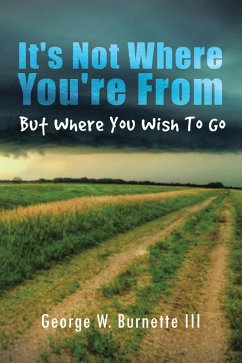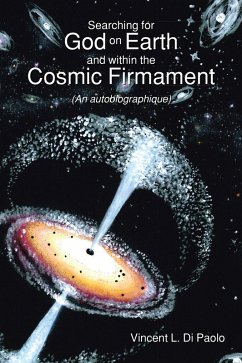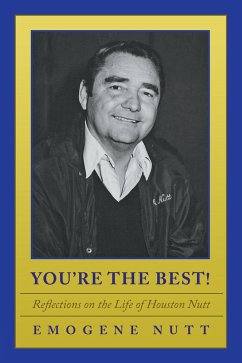
You'Re Already Infinitely Famous, but It's Still a Cosmic Secret (eBook, ePUB)
Plus: Pleasurably Effortless Learning, Working, and Money, for Everyone, Forever

PAYBACK Punkte
1 °P sammeln!
Lewis S. Mancini, MD, is a psychiatrist with additional background in biophysics, bioengineering and electroencephalography (EEG) technology. He has been afflicted with various learning disabilities since childhood and disabled with severe obsessive-compulsive disorder (OCD) since 1985. His two major learning disabilities are gadgetaphobia and general information phobia. He has also been diagnosed with bipolar manic-depression since 2007. He is a graduate of St. George's University School of Medicine (1983). And previously, in late 1974, worked briefly (as a research assistant) on "Artificial ...
Lewis S. Mancini, MD, is a psychiatrist with additional background in biophysics, bioengineering and electroencephalography (EEG) technology. He has been afflicted with various learning disabilities since childhood and disabled with severe obsessive-compulsive disorder (OCD) since 1985. His two major learning disabilities are gadgetaphobia and general information phobia. He has also been diagnosed with bipolar manic-depression since 2007. He is a graduate of St. George's University School of Medicine (1983). And previously, in late 1974, worked briefly (as a research assistant) on "Artificial Vision for the Blind," under the auspices of Dr. William H. Dobelle at the University of Utah. Dr. Dobelle is cited in the 2005 Guinness Book of World Records under the headings of Medical Phenomena and the "earliest successful artificial eye" on page 20. The author also won an award for "academic excellence" in EEG technology from Graphic Controls Corporation and has had six articles published in Speculations in Science and Technology and Medical Hypotheses. He also had books titled How Everyone Could Be Rich, Famous, Etc. and How We'll All Be Equally Rich, Famous, Brilliant, Etc., Forever published by Trafford in 2006 and 2010, respectively. One of his goals is to play whatever role he can in the conceivable implementation of brain-stimulation-mediated learning facilitation (LF) and work skills facilitation (WF), enhancement and diversification.
Dieser Download kann aus rechtlichen Gründen nur mit Rechnungsadresse in A, D ausgeliefert werden.













